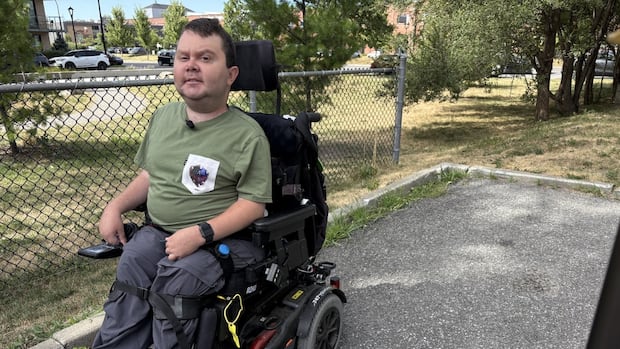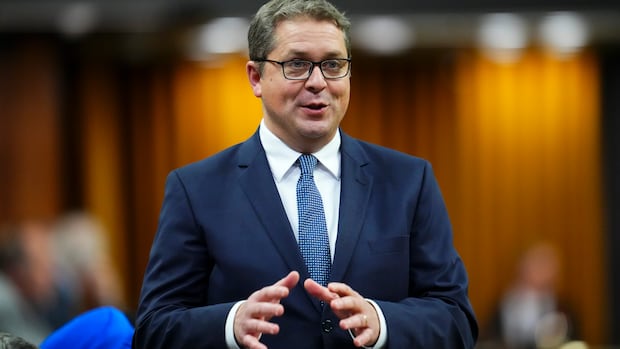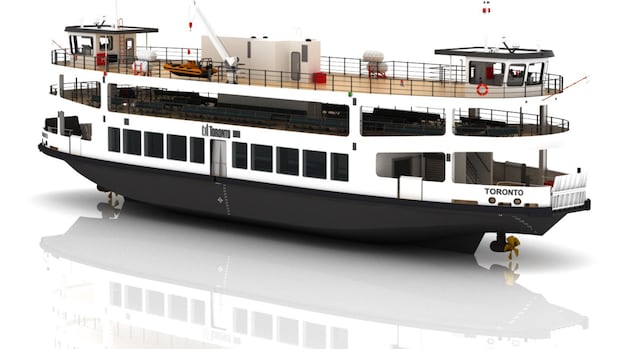A Montreal man says he waited for adapted transit for three hours on the side of an Ontario highway after an accident, and he wants the Canadian Automobile Association (CAA) to improve its towing policy for people with disabilities.
Frédéric McNamara said the experience made him feel like a third-class citizen.
“I was angry,” he said. “I felt like we weren’t important for them.”
McNamara, who has muscular dystrophy and uses a wheelchair, said he was driving his adapted vehicle on Highway 401, near Cobourg, Ont., when he struck an object on the road, blowing out a tire.
As a CAA member, McNamara pays fees that include towing in case of an accident.
He said he called the federation and a tow truck arrived, but the driver didn’t know what to do.
Normally, clients ride in the tow truck while their vehicle is pulled behind, but McNamara couldn’t get in.
McNamara said in the past, a CAA Quebec tow truck was able to tow his vehicle with him in it. A CAA Quebec spokesperson told CBC under no circumstances does the company tow vehicles with their drivers inside.
In this case, the Ontario tow truck driver’s supervisor said towing the vehicle with McNamara inside was an impossibility, because it would be unsafe.
So, McNamara waited in his vehicle by the side of the highway while CAA sought a taxi with adapted transit ability.
The entire ordeal took about three hours, during which he said he felt unsafe waiting in his car while other vehicles passed just beside him on the highway.
“CAA isn’t a free service,” he said. “We pay and we hope to get the service and the only time we need them they can’t help us like they should.”
CAA said in a statement that it does have a procedure for towing a CAA member with reduced mobility and that it was followed in this case.
A spokesperson for the company said under Ontario law, vehicles cannot be towed with passengers inside, including those with accessibility requirements. In this case, the spokesperson said the dispatcher immediately called local taxi companies and provincial police to find a safe solution.
The tow truck driver also stayed with McNamara until the adapted taxi arrived.
But McNamara still hopes the company works better next time.
“I would like them to have clear policies when they’re dealing with adapted vehicles and disabled vehicles,” he said.
Steven Laperrière, the director-general of RAPLIQ, a group that represents people with disabilities, said there needs to be better co-ordination between towing companies, the police and adapted transit services.
“More important than a plan, you need to have a partnership with everyone involved like from the tow truck companies like CAA and the OPP and the taxi companies all over the place to make sure if this happens we can react faster than that,” he said.







